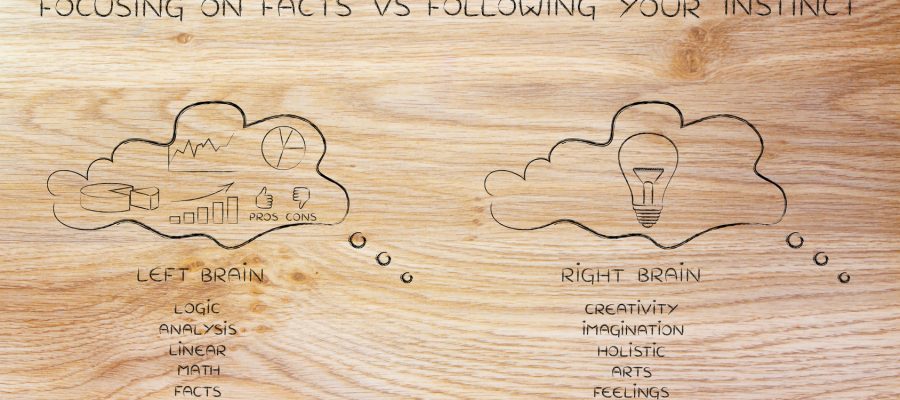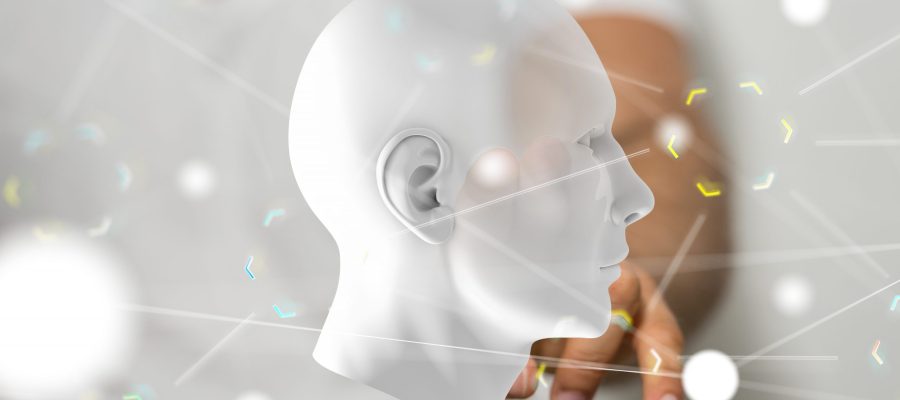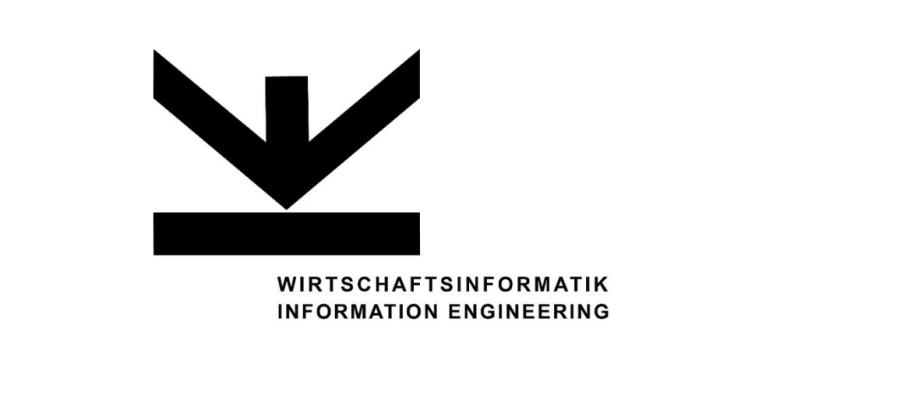Are software solutions a panacea? Or just a simple tool.
.. Or even our downfall? The digitalization of our entire (surrounding) world is currently one of the most hotly debated and discussed topics. We are debating the alienation of people through social media and the abolition of human labor through intelligent programs. We consider the complete transparency of the individual through threatening large corporations such as Google, Amazon or Facebook, the permanent and complete surveillance by our own and foreign secret services and much more. In addition to these global, political and sometimes philosophical issues, we are also constantly supported by more or less intelligent software programs in our working world.
Although we can no longer imagine our professional - and private - lives without them, the introduction of new solutions is not always met with undivided joy. On the one hand, expectations are raised that are all too often not fulfilled. On the other hand, a relatively lengthy familiarization and changeover phase is often necessary, which leads to more rather than less effort.
Our experience is that the actual question is often forgotten. WHY? You will be amazed at how many systems are used to record, collect and maintain data and information. However, what most systems have in common is that they increase the flood of information, but provide little further benefit. Everyone talks about the knowledge society, but we are still deep in the information society. We currently gain little or no knowledge from all these solutions. This would be precisely the benefit.
Information is the basis for knowledge, but is not knowledge in itself. Information only becomes knowledge when it is put into context with the help of pragmatics. It is therefore not unusual for information to lead to different findings for different people (groups). In our view, however, this aspect is being pushed too far into the background. People are being provided with more and more information without thinking about whether this more information will also lead to more insights to improve our decision-making. In our view, the primary consideration should therefore be who should receive what information and how it should be prepared. Only then should ways be sought to preserve this content and make it available to users.
By focusing on this issue, we can generate real added value for the company. Shorter and better decision-making cycles in an ever faster changing world are the most important competitive advantage. We are convinced that those companies that are ahead in this area will be the winners in the future, regardless of which sector they belong to.
Even in the foreseeable future, machines will not be able to make decisions for us, because decisions always have to be made in the face of uncertainties that need to be weighed up. Otherwise they would simply be logical instructions. Based on our experience, software solutions are therefore effective and powerful tools, but they are only effective if they are used in a considered and targeted manner.




































